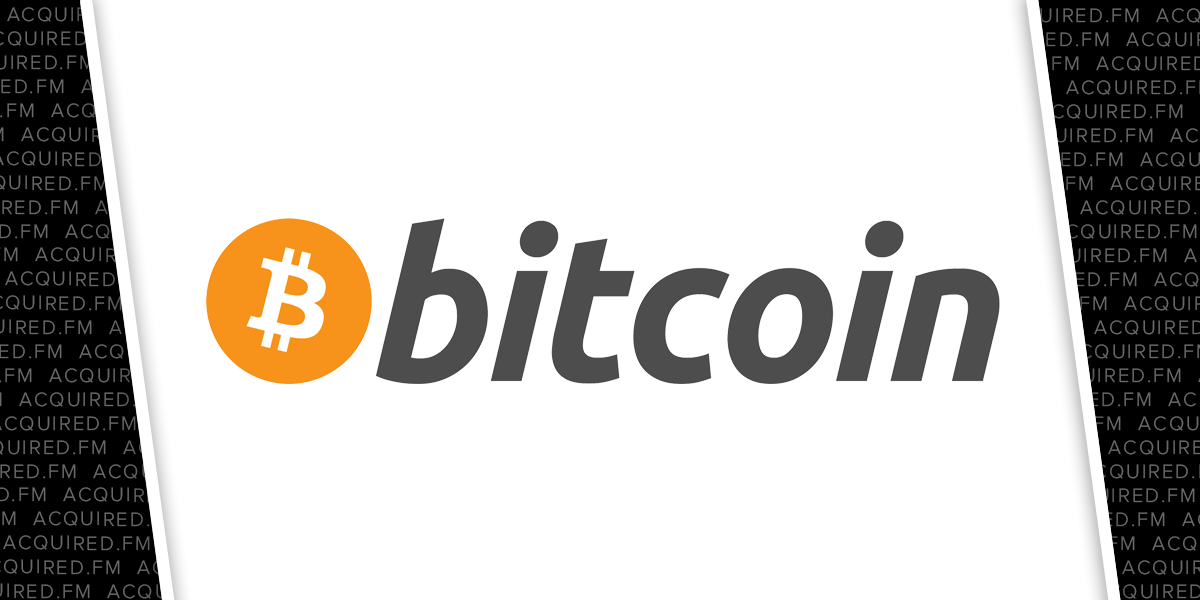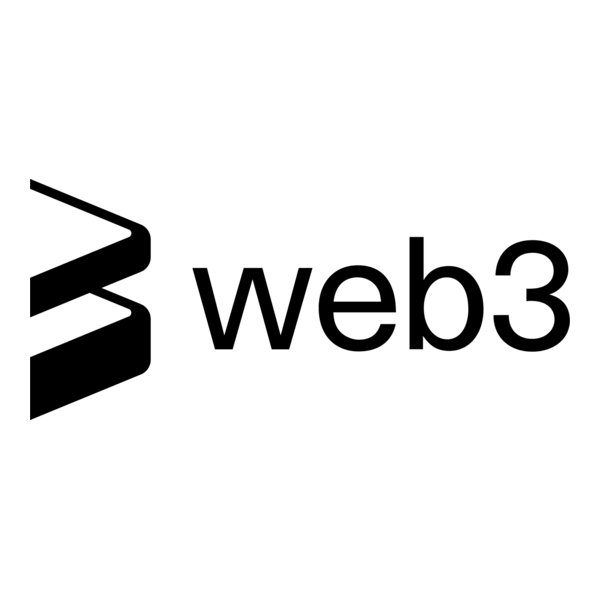Launched by Binance in September 2020, Binance Smart Chain (BSC) is a high-performance blockchain network designed to support decentralized applications (dApps), smart contracts, and seamless cross-chain interoperability. With low transaction fees and compatibility with the Ethereum Virtual Machine (EVM), BSC has quickly gained traction as a go-to platform for DeFi projects.
Dual-Chain Architecture and How BSC Works
BSC runs parallel to the original Binance Chain (BC) but extends its functionality by enabling smart contracts and programmability. This dual-chain design allows developers to build powerful decentralized applications on BSC while enjoying BC’s high-speed asset transfers.
BSC utilizes a Proof-of-Staked Authority (PoSA) consensus mechanism. Validators are chosen based on staked BNB tokens, ensuring efficient block production without minting new tokens. It also features compatibility with Ethereum tools and ecosystems, allowing easy migration of projects to BSC.
Also read: What Is PancakeSwap (CAKE)? A Full Guide to the BSC-Based DeFi Powerhouse
Interoperability: Cross-Chain Communication and Transfers
One of BSC’s standout features is its cross-chain compatibility, allowing seamless communication between Binance Chain and BSC. This is achieved through two main mechanisms:
- Light clients and smart contracts handle communication from BC to BSC.
- Oracles and relayers transmit data from BSC to BC.
Cross-chain transfers enable users to lock tokens on one blockchain and unlock them on the other, allowing asset exchanges and financial operations across networks without leaving the Binance ecosystem.
BNB Staking and Decentralized Governance
Staking is a core component of BSC’s community governance. Through PoSA, users can become validators or delegate BNB to others. The governance system includes:
- Token delegation and validator selection based on bonded token amounts.
- Slashing penalties for malicious or unstable behavior.
- Unbonding periods to manage risk and enforce integrity.
While staking brings decentralized decision-making, critics point to the risk of centralization, as wealthier users dominate validator roles.
Pros and Cons of Binance Smart Chain
Pros:
- EVM compatibility and support for Ethereum-based dApps
- Fast, low-cost transactions
- Seamless token swaps (BEP-2, BEP-8 to BEP-20)
- Integrated Binance ecosystem and DEX support
- Growing developer and DeFi community
Cons:
- Potential centralization due to validator selection
- Smaller validator pool compared to Ethereum
- Susceptibility to governance manipulation by large token holders
Is BSC the Future of Cross-Chain DeFi?
Binance Smart Chain delivers a flexible, fast, and interoperable blockchain infrastructure that empowers developers and users alike. Its integration with Binance Chain and Ethereum-based tools gives it an edge in the DeFi space. However, its centralized validator model continues to spark debate within the crypto community.



